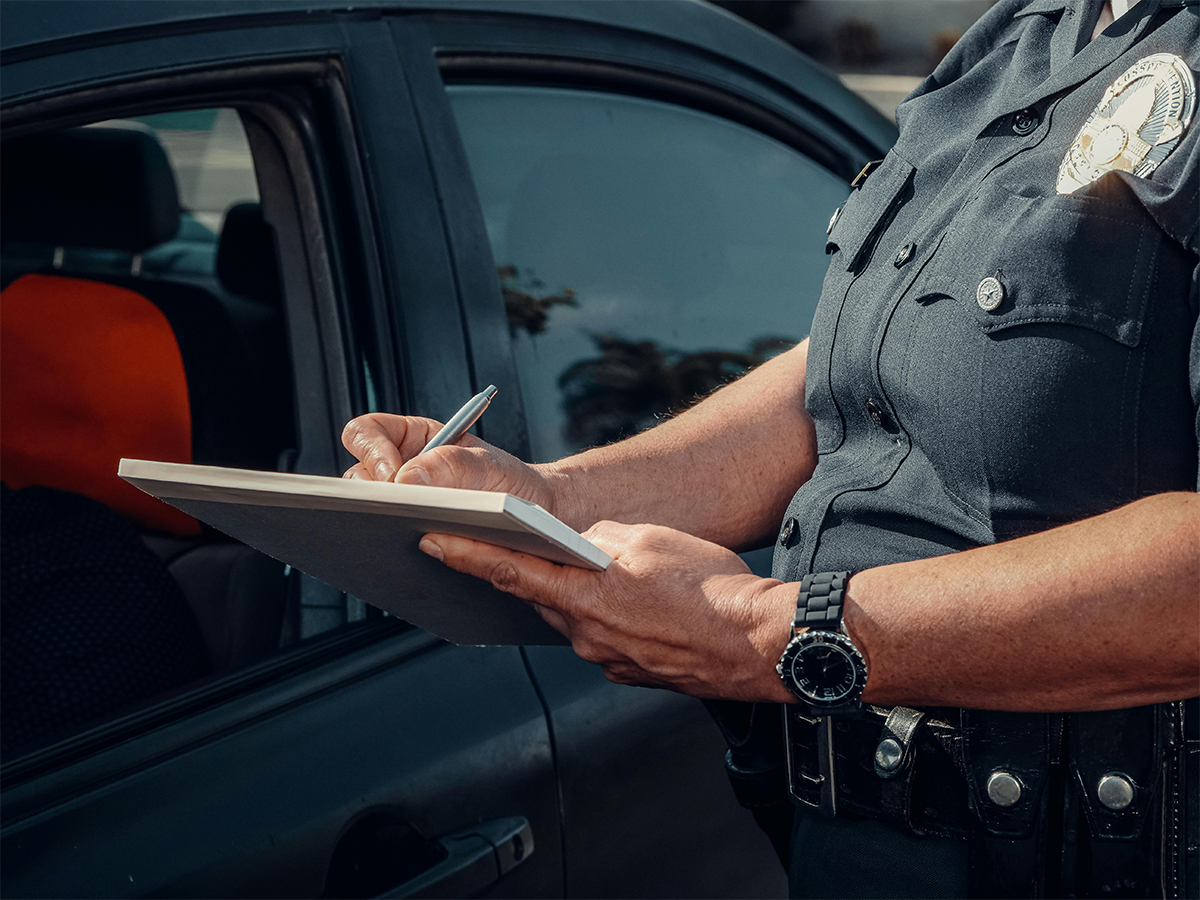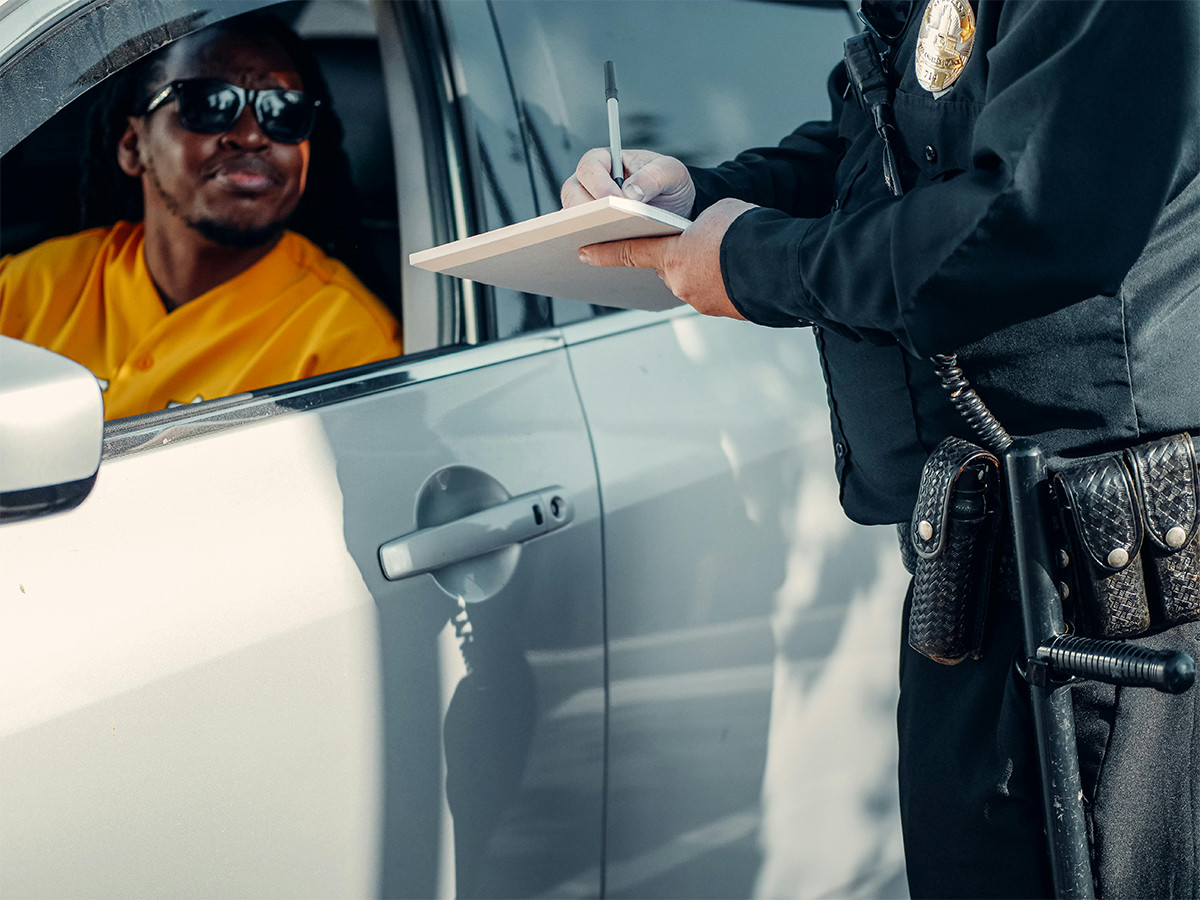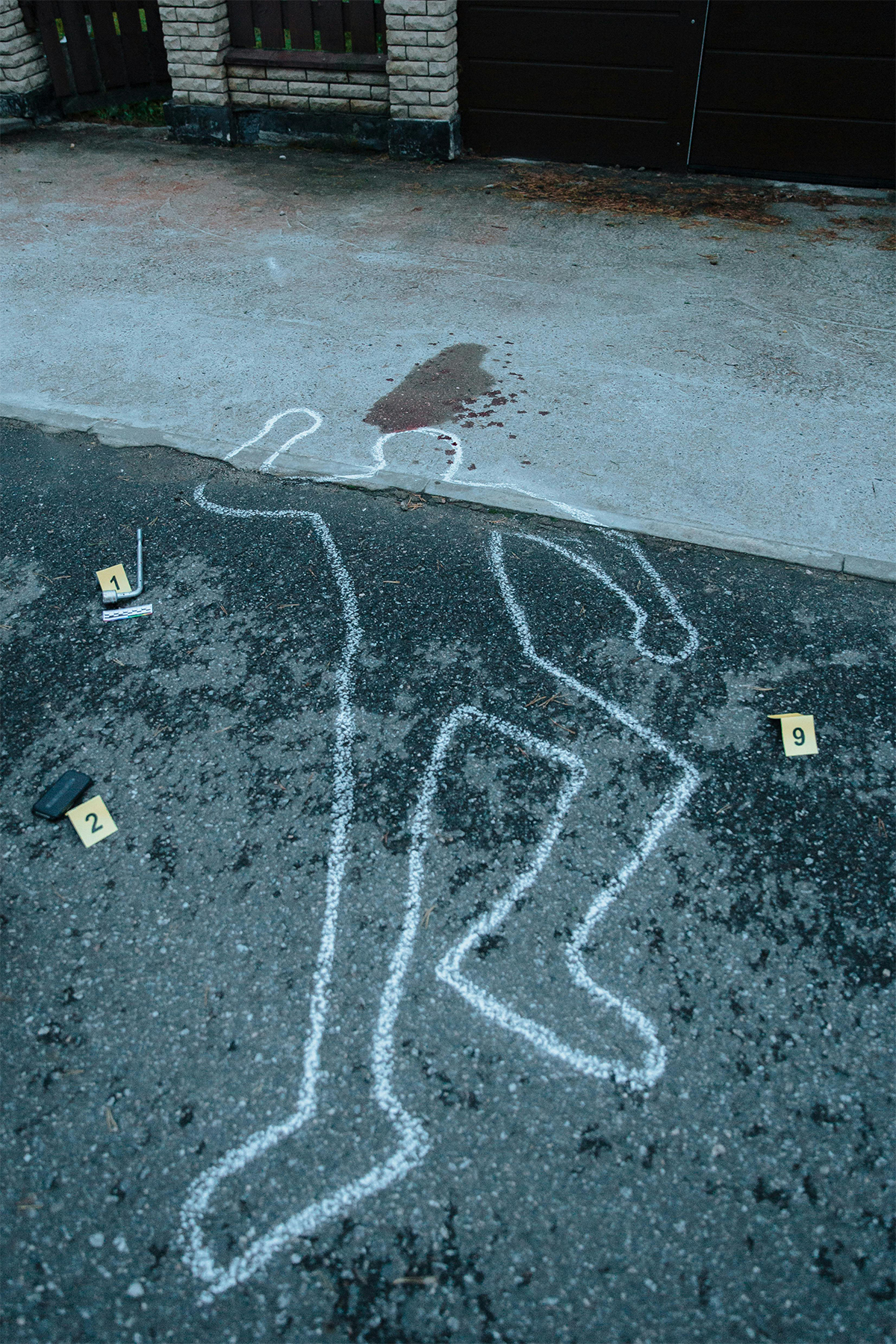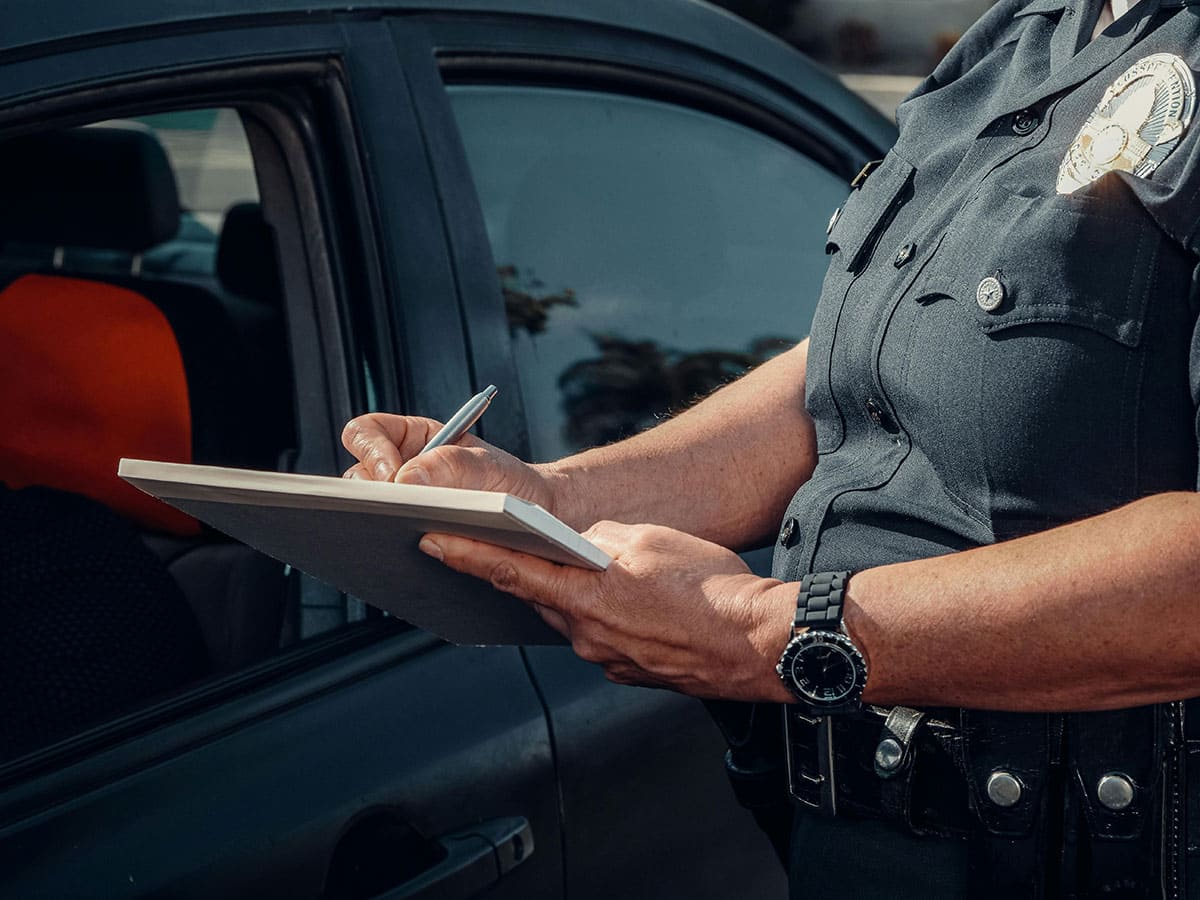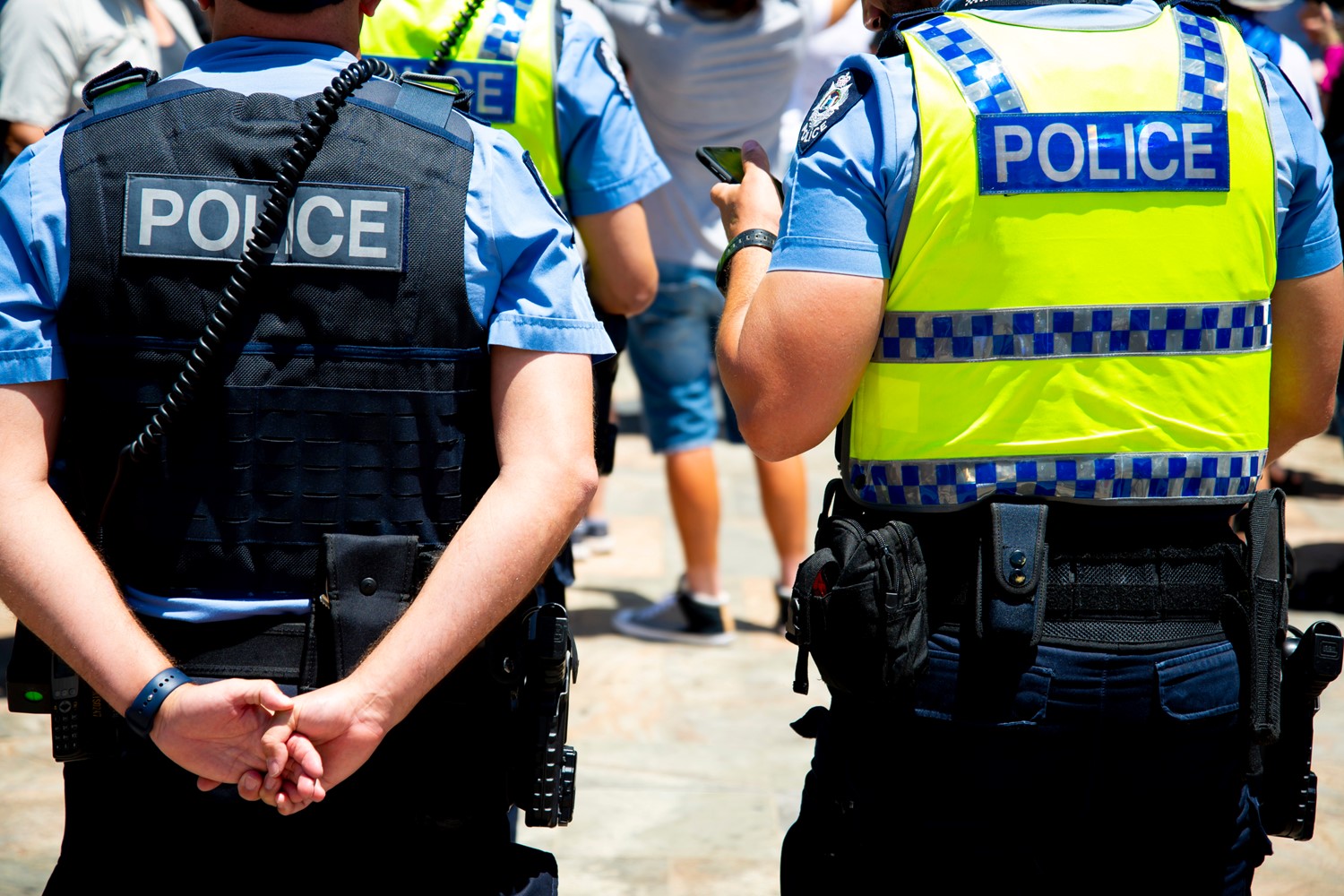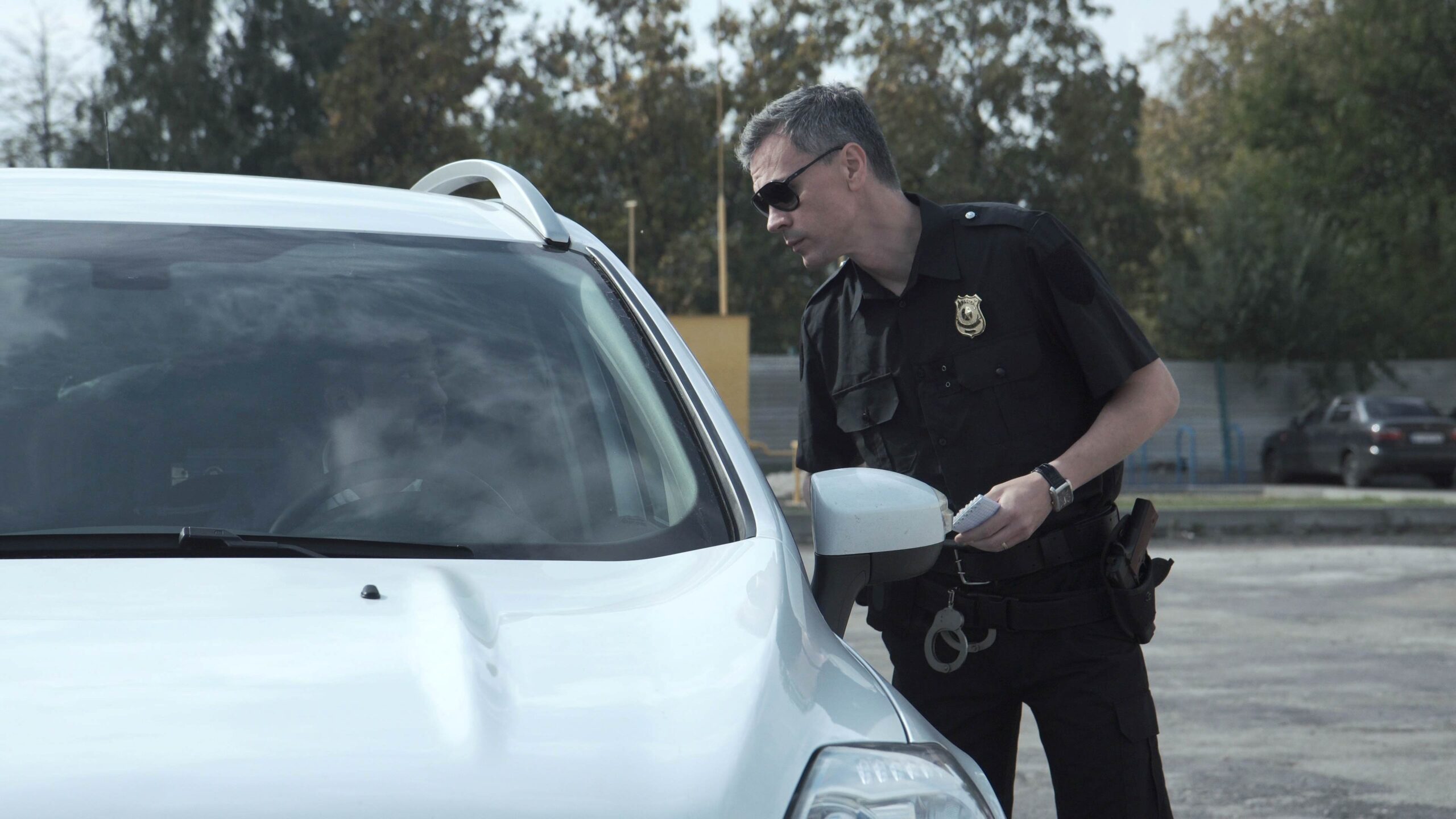Table of Contents
Traffic offences leading to road collisions are pretty common in Australia. In February alone, there had been 102 road deaths, according to the country’s Bureau of Infrastructure and Transport Research Economics or BITRE.
All driving offences are considered a crime because of the risks involved. While minor road rule transgressions may not warrant imprisonment, you’d still need to consult a traffic lawyer before facing the court.
Suppose you’ve recently received a notice to appear in court; get in touch with legal counsel for advice. In the meantime, here’s how to tell if your traffic infringement would show up in your criminal record or get you incarcerated.
Understanding traffic offences
Traffic offences cover a wide range of activities. These violations often occur while a motorist is operating a motor vehicle, but pedestrians may commit these violations, too. (2)
As with other countries, driving and road use violations in Australia range from minor breaches to severe offences. But no matter the gravity of the offence, all of these are considered criminal offences under the law. Luckily, most criminal and traffic records in Australian territories are separated. Minor offences don’t appear in an individual’s criminal history. This has resulted in the common misconception that traffic offences aren’t considered a crime unless someone gets harmed. (2)
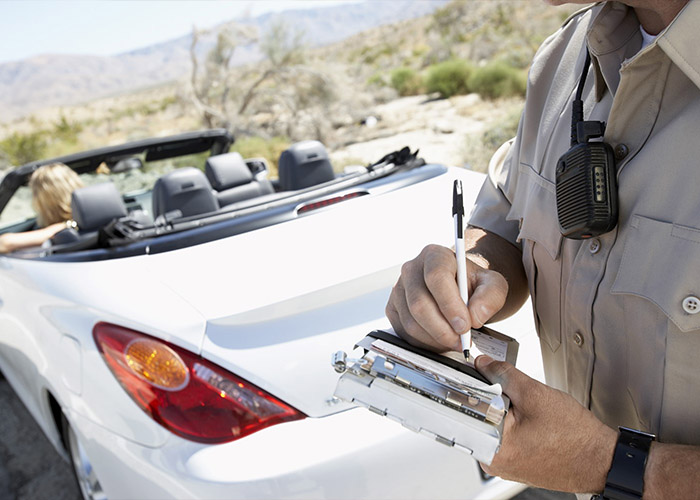
Minor traffic offences
Less serious road and traffic violations include breaches that typically don’t expose road users to significant injuries or death. In New South Wales, these include violations in parking and disregard of traffic signs and light use. Non-use of seatbelts, signal lights and motorcycle helmets are also classified as minor traffic breaches. Because they’re considered crimes, anyone facing these charges would require help from a local legal counsel such as a traffic lawyer or a driving lawyer. (3)
While considered a crime, minor road use offences rarely lead to imprisonment. Punishments include fines, community service, temporary and lifetime loss of driving privilege, and vehicle impounding.

Serious traffic offences
Major traffic violations occur when a driver operates a motor vehicle that exposes other road users to severe injuries and possible death. Being charged with any of the offences underlined below would require you to consult a traffic lawyer where the violation was committed.
Serious traffic infringements carry criminal penalties, including imprisonment, hefty fines, and vehicle sanctions. The following transgressions of the Road Transport Act 2013 are considered significant traffic offences in NSW:
- Dangerous driving causing death: When the vehicle driver is involved in a collision that resulted in another person’s death. Criminal charges may be filed if the driver was under the influence of drugs and alcohol, speeding or driving dangerously. If found guilty, the driver may spend up to 30 years locked up.
- Dangerous driving causing grievous bodily harm: Occurs in instances where the driver causes serious physical injury or disfigurement. Depending on the circumstances, a driver found guilty of this crime may be sentenced to 7 to 11 years imprisonment.
- Furious or reckless driving: The former is defined as driving at high speeds, potentially endangering the lives of other road users or exposing them to the risk of serious physical injuries.
Reckless driving, meanwhile, covers actions that expose other road users to physical injuries or potentially cause significant property damage. A guilty verdict could result in 9 to 12 months’ imprisonment and fines of more than AUD$ 3,000. A driver may be charged with these offences even with the absence of road users at the time of commission. - Negligent driving causing death or grievous bodily harm: Negligent driving is operating a motor vehicle without practising the minimum level of care and attention. If no injury or death were caused, the erring driver would be asked to pay fines. If a motorist died or was harmed, imprisonment and punitive fees await a guilty driver.
- Predatory and menacing driving: When a driver races with another motorist to cause harm, they may be liable for this crime, whether or not an actual impact occurred or not. A driver who fails to be proven innocent for this crime might spend up to five years in prison.
When a driver handles a vehicle in a threatening way against a person or a property, they may be charged with menacing driving. A conviction would mean hefty fines and imprisonment of up to two years for repeat offenders. - Police pursuits: If a driver fails to pull over or continues to drive fast and recklessly in spite of police instruction, it may be considered a major traffic violation. Punishment is three years’ imprisonment for first-time offenders.
- Failing to stop and assist after an accident: A motorist who’s caused severe injuries or fatality to another driver and chooses to drive away is in serious trouble. They may spend considerable time in correctional centres under the Road Transport Act 2013 and Crimes Act 1900. A conviction may result in 7 to 10 years’ imprisonment under the latter. (4)
The Bottom Line
All traffic offences are considered crimes under Australian laws. Then there are serious breaches enumerated above punishable by imprisonment. Apart from costly fines, a prison sentence, license revocation, and vehicle impounding, serious traffic offences will appear in your criminal conviction report.
References:






